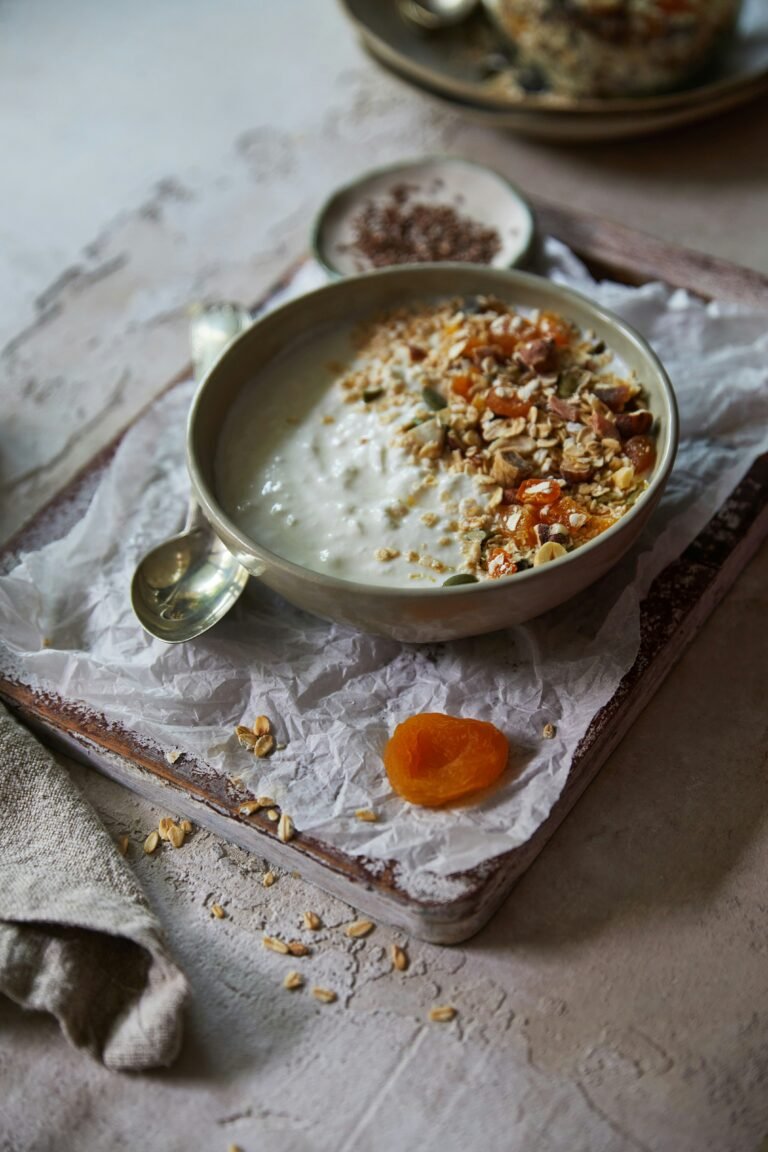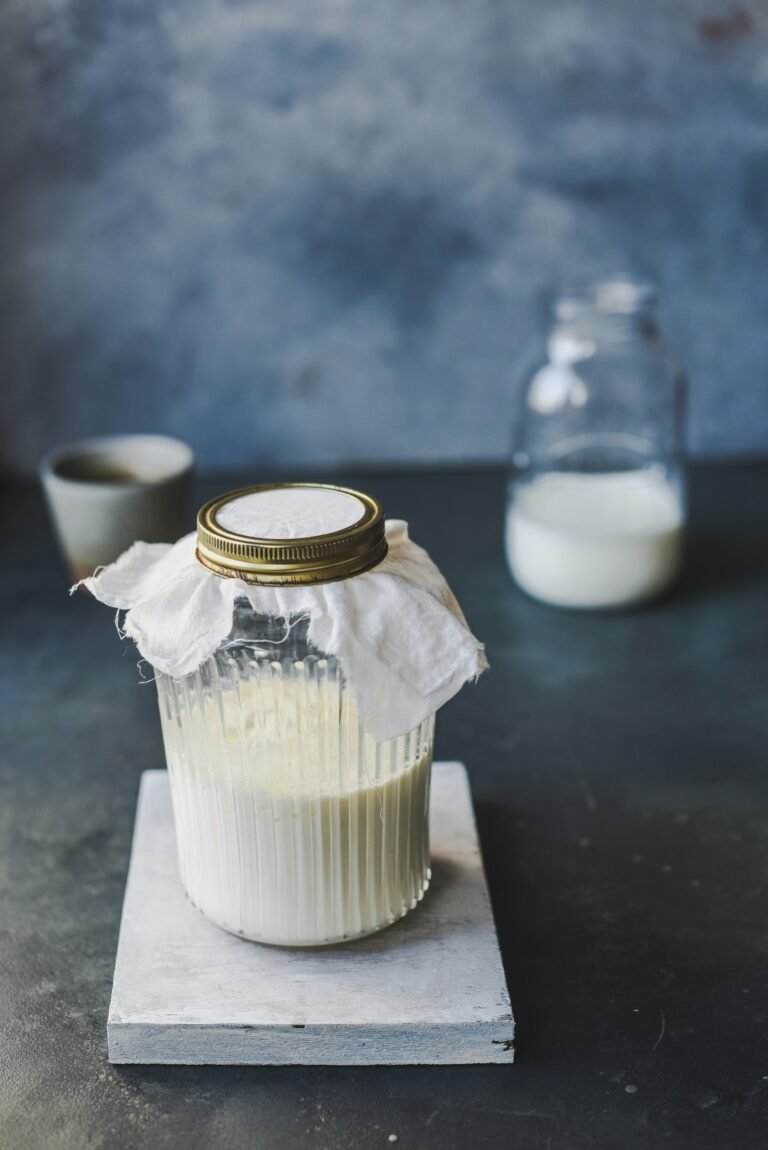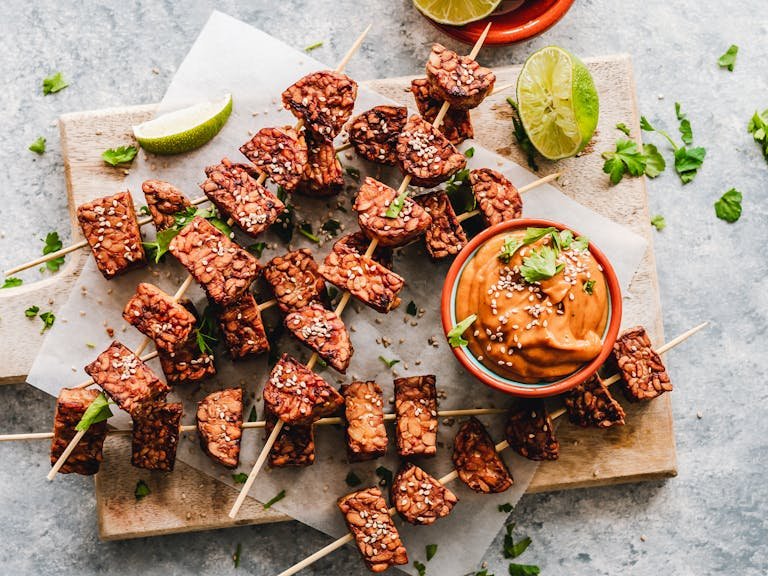Meet Your Microbiome: A Beginner’s Guide to Your Gut’s Ecosystem
If you’re picturing your gut microbiome as a quiet, orderly place, think again. Inside you is a bustling metropolis of trillions of bacteria, fungi, viruses, and other microscopic tenants—collectively weighing around 1–2 kg—that work day and night to keep you alive, thriving, and occasionally craving pickles at 2am.
These residents aren’t freeloaders. Many are vital to digestion, immune defence, hormone balance, and even mental health. In fact, scientists now call the microbiome an “organ” in its own right—one that communicates with your brain, influences inflammation, and helps extract nutrients from food.
But here’s the twist: your gut community is unique. No two microbiomes are the same (not even identical twins), and the balance between “helpful” and “opportunistic” microbes can shift quickly. Diet, stress, antibiotics, sleep, exercise, and even where you live all shape who’s living in your microbial high-rise.
Why it matters
Digestion & absorption – Microbes help break down fibres and produce short-chain fatty acids that feed your gut lining.
Immune system regulation – Around 70% of your immune cells are in the gut. The microbiome trains them to react appropriately (i.e., not panic at a peanut).
Mood & cognition – The gut-brain axis allows microbes to influence neurotransmitters like serotonin and dopamine.
Metabolic health – Microbial diversity is linked to healthier weight, blood sugar balance, and reduced inflammation.
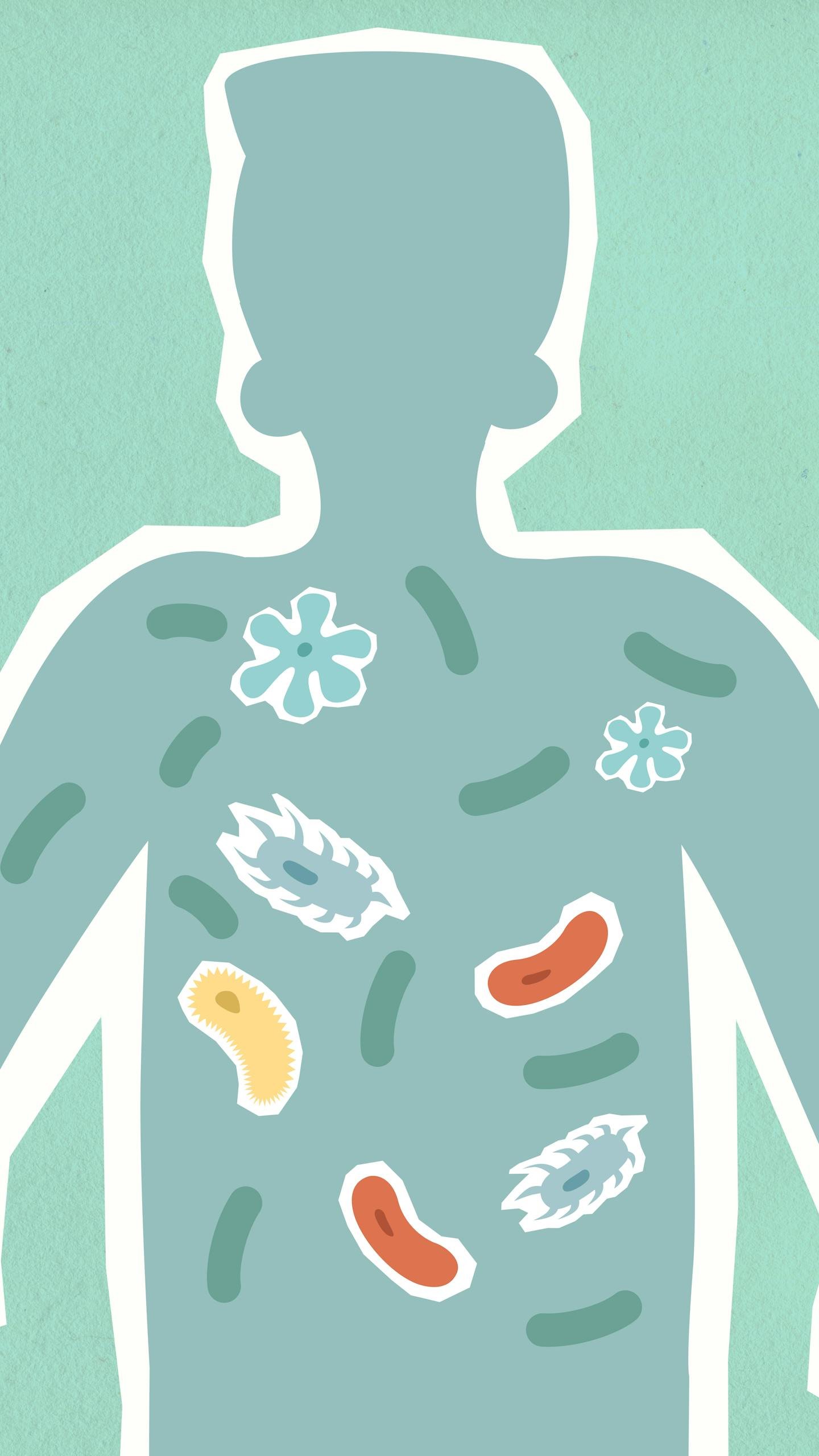
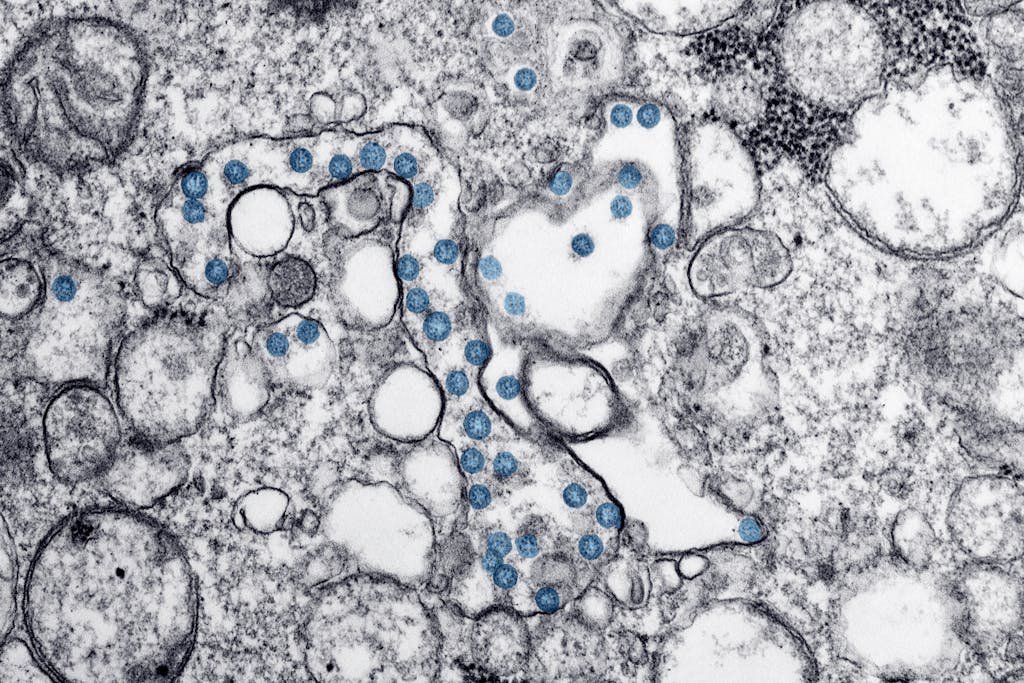
Keeping your microbiome happy
Eat a wide variety of plant-based foods (aim for 30+ different types a week).
Include fermented foods like kimchi, yoghurt, sauerkraut, and kefir.
Avoid ultra-processed foods that starve good bacteria.
Get moving—exercise stimulates a more diverse gut ecosystem.
Sleep well and manage stress—your microbes are surprisingly moody.
Think of your microbiome as a garden. Feed it well, tend it often, and it’ll return the favour with robust health, sharper thinking, and maybe even fewer colds. Neglect it, and weeds (aka less-friendly bacteria) can take over.
Your gut’s ecosystem is part of your personal health story—one worth meeting, understanding, and caring for every single day.
